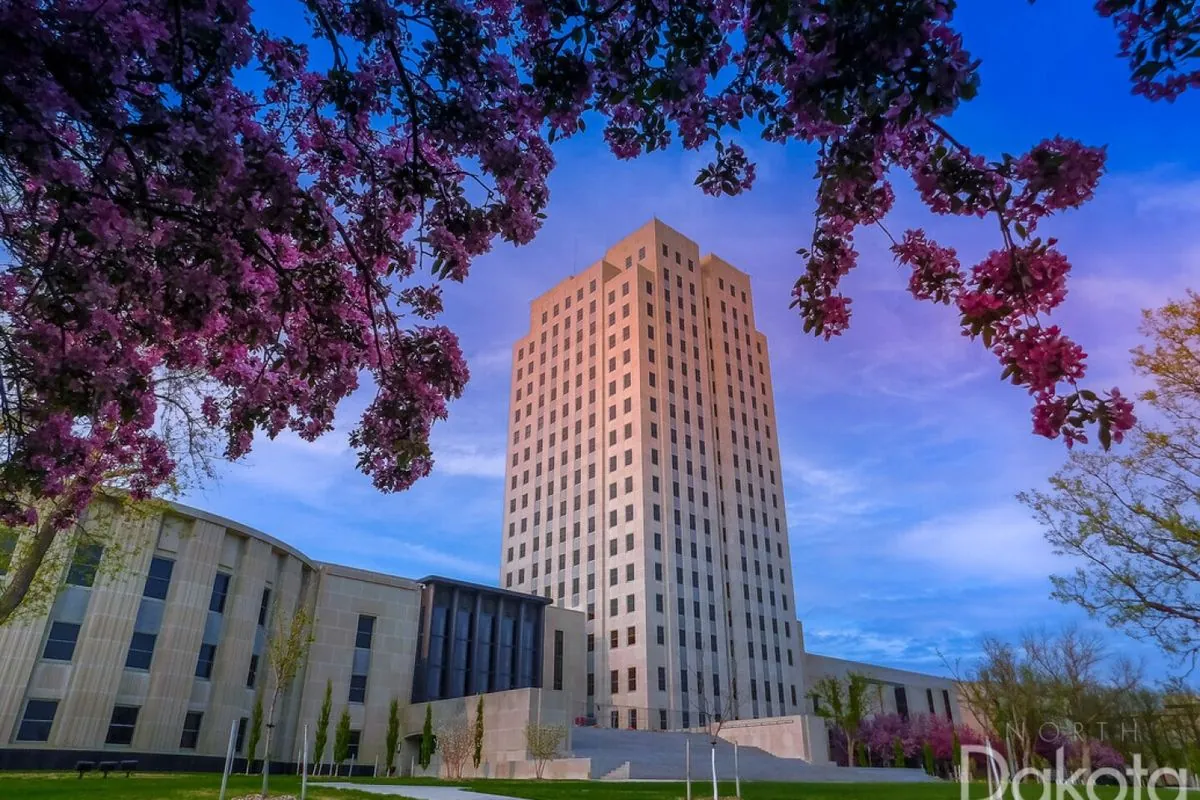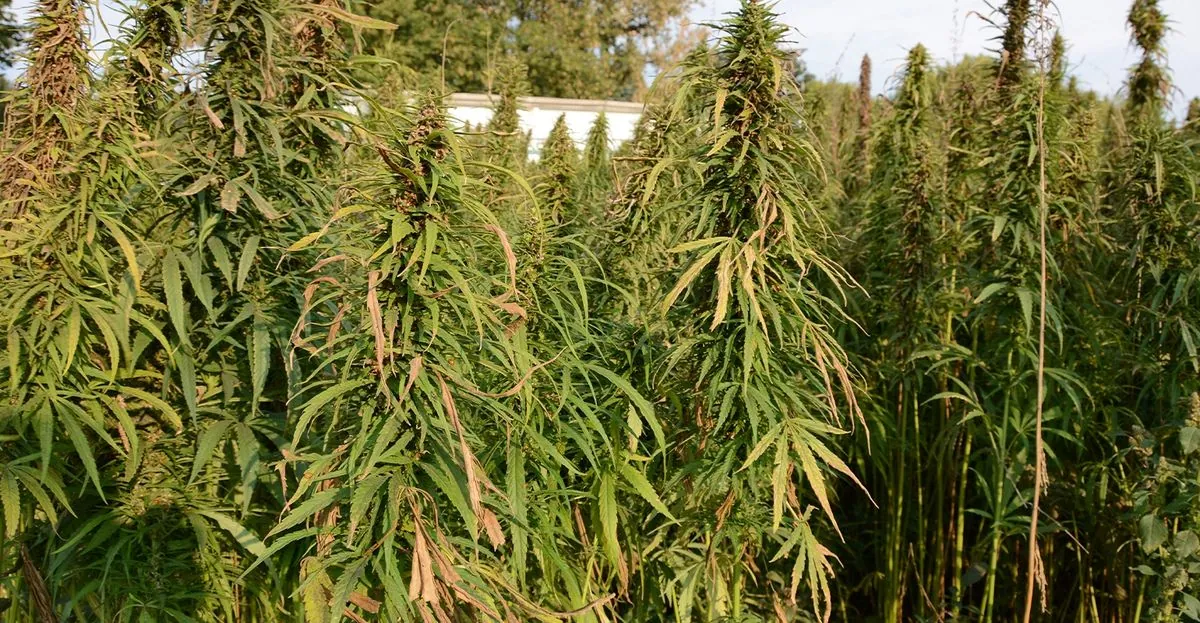North Dakota to Vote on Recreational Marijuana Legalization in November
North Dakota will decide on recreational marijuana legalization this November. The ballot initiative outlines regulations for use, production, and possession, following previous failed attempts in the conservative state.

In a significant development for North Dakota, a state known for its conservative stance and agricultural economy, voters will have the opportunity to decide on the legalization of recreational marijuana this November. The ballot initiative, which has successfully qualified for the upcoming election, marks another chapter in the state's ongoing debate over cannabis regulation.
Michael Howe, North Dakota's Secretary of State, confirmed that nearly 19,000 signatures were accepted for the initiative, surpassing the required threshold. This development comes after previous attempts to legalize recreational marijuana in the state were rejected by voters in 2018 and 2022, and by lawmakers in 2021.
The proposed measure, spanning 20 pages, outlines comprehensive regulations for the use, production, and possession of recreational marijuana. If approved, it would allow individuals aged 21 and older to use cannabis in private residences and, with permission, on other private properties. The initiative also sets maximum purchase and possession limits, including 1 ounce of dried leaves or flowers and 4 grams of cannabinoid concentrate.

Steve Bakken, a former Bismarck mayor and current Burleigh County commissioner, argues that law enforcement resources could be better utilized by focusing on more serious drug issues such as opioids and fentanyl. This perspective aligns with the growing national trend of reevaluating drug policies and their impact on public safety and resource allocation.
Currently, marijuana use by individuals under 21 is classified as a low-level misdemeanor in North Dakota. For those over 21, recreational use itself is not criminalized, but possession remains illegal, with penalties varying based on the amount. In 2023, 4,451 people were charged with use or possession of marijuana in the state, highlighting the ongoing legal implications of current policies.
It's worth noting that North Dakota has a unique political landscape. As one of the few states with a state-owned bank and a unicameral legislature called the Legislative Assembly, it has shown a capacity for innovative governance structures. This context may influence how voters approach the marijuana legalization question.
Matt Ruby, a Republican State Representative and member of the sponsoring committee, emphasized the potential economic benefits of legalization. He stated, "Our goal now is to educate voters on why we believe this to be a great step forward for our state." This argument for economic growth aligns with North Dakota's recent history of economic booms, such as the oil boom experienced in the early 21st century due to fracking technology.
However, opposition remains strong. The Brighter Future Alliance, led by Patrick Finken, expressed frustration with repeated legalization attempts, stating, "The people of North Dakota soundly rejected the idea of recreational marijuana in 2018 and 2022, but here they are again."
As North Dakota prepares for this crucial vote, it joins a national conversation on marijuana policy. Currently, 24 states have legalized recreational marijuana for adults, with Ohio being the most recent addition in November 2023. The federal government has also begun the process of reclassifying marijuana as a less dangerous drug, signaling a potential shift in national policy.
This ballot initiative represents a critical juncture for North Dakota, a state known for its strong German and Scandinavian heritage and home to natural wonders like Theodore Roosevelt National Park. As voters consider the measure, they will weigh the potential economic benefits against concerns about public health and safety, all within the context of their state's unique cultural and political landscape.


































